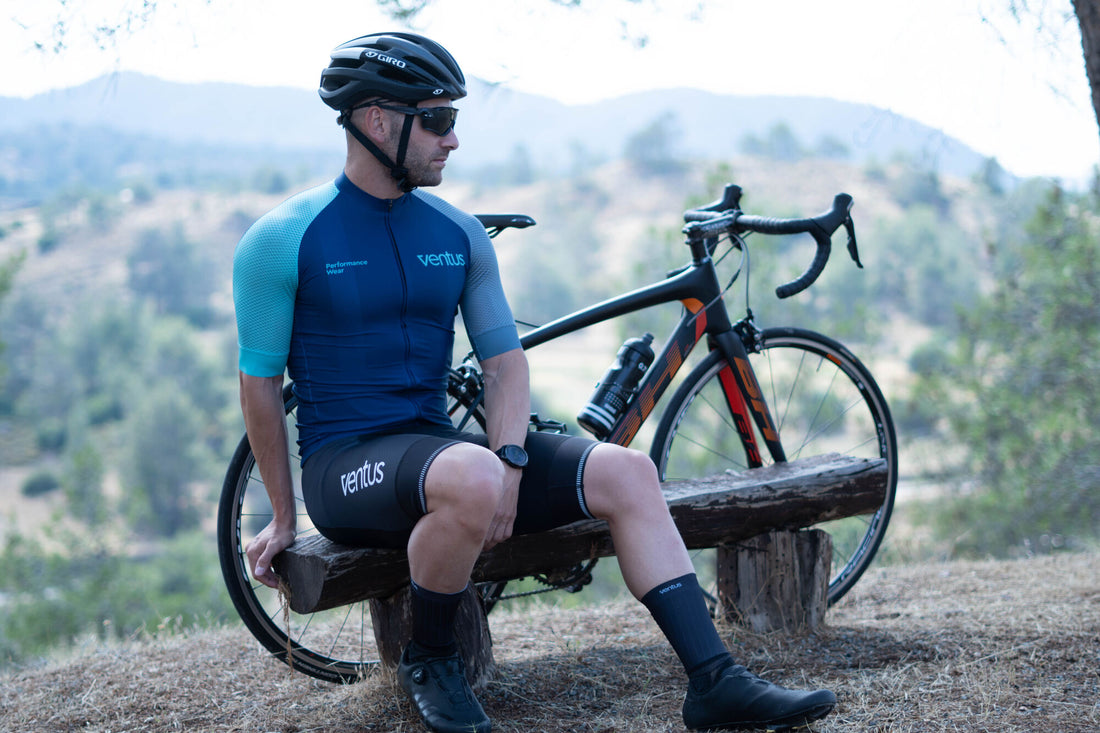
Why Rest Anyway?
Share
Road cycling is an exhilarating and demanding sport that requires consistent training and dedication to achieve peak performance. While it's tempting to push the limits every day, incorporating recovery days into your training regimen is essential for long-term progress and overall well-being. This article will shed light on the importance of recovery days for road cyclists, emphasizing the benefits and providing valuable information to help you optimize your training routine.
Why Recovery Days Matter:
- Muscle Repair and Growth: Road cycling places significant stress on your muscles, leading to micro-tears and fatigue. Recovery days allow your body to repair these tissues, aiding muscle growth and adaptation. During recovery, damaged muscle fibers are rebuilt, leading to enhanced strength, endurance, and overall performance.
- Injury Prevention: Consistent high-intensity training without recovery can increase the risk of overuse injuries such as tendonitis, stress fractures, and muscle strains. Recovery days provide an opportunity for your body to heal and strengthen, reducing the likelihood of these injuries. It allows your joints, tendons, and ligaments to recover and adapt to the demands of cycling, promoting longevity in the sport.
- Central Nervous System (CNS) Restoration: Intense cycling workouts can place a significant strain on your central nervous system. Regular rest days help restore your CNS by reducing fatigue, improving coordination, and enhancing reaction times. This allows you to perform at your best during intense training sessions and races.
- Mental and Emotional Well-being: Recovery days are not only physical but also mental and emotional rejuvenation. Constantly pushing yourself without adequate rest can lead to burnout, decreased motivation, and decreased enjoyment of the sport. Incorporating recovery days allows you to recharge, reducing stress levels, improving mental clarity, and enhancing your overall love for cycling.
Benefits of Recovery Days:
- Enhanced Performance: By giving your body the time it needs to recover, you set the stage for improved performance. Recovery days help to reduce fatigue, allowing you to train harder during intense sessions. They also enable you to maintain higher training volumes over the long term, leading to gradual performance gains.
- Optimal Adaptation: Recovery days are when your body adapts to the physical stress it experiences during training. Adequate recovery promotes the synthesis of new muscle proteins, increases glycogen storage, and improves oxygen uptake. These adaptations contribute to better endurance, power, and efficiency on the bike.
- Improved Sleep: Quality sleep is essential for recovery and overall health. Recovery days allow you to prioritize adequate sleep, which helps regulate hormone levels, repair tissues, and improve cognitive function. Quality sleep enhances your recovery process, enabling you to perform at your best during training and races.
- Injury Rehabilitation: For cyclists recovering from injuries, incorporating dedicated recovery days is crucial. It allows injured tissues to heal, regain strength, and improve mobility. Rehabilitation exercises can be incorporated into recovery days, aiding in the recovery process and helping to prevent reinjury.
Tips for Effective Recovery:
- Active Recovery: On recovery days, engage in low-intensity activities such as light cycling, stretching, or yoga. These activities promote blood circulation, reducing muscle soreness and aiding in recovery.
- Nutrition and Hydration: Optimize your nutrition and hydration on recovery days. Consuming a balanced diet with adequate protein, carbohydrates, and healthy fats supports muscle repair and replenishes glycogen stores. Proper hydration helps flush out toxins and facilitates nutrient delivery to muscles.
- Sleep and Rest: Prioritize sleep and rest on recovery days. Aim for 7-9 hours of quality sleep each night and incorporate relaxation techniques such as meditation or taking naps during the day.
- Listen to Your Body: Pay attention to your body's signals
Take at least one day full off a week and practise the skill to listen to your body.



